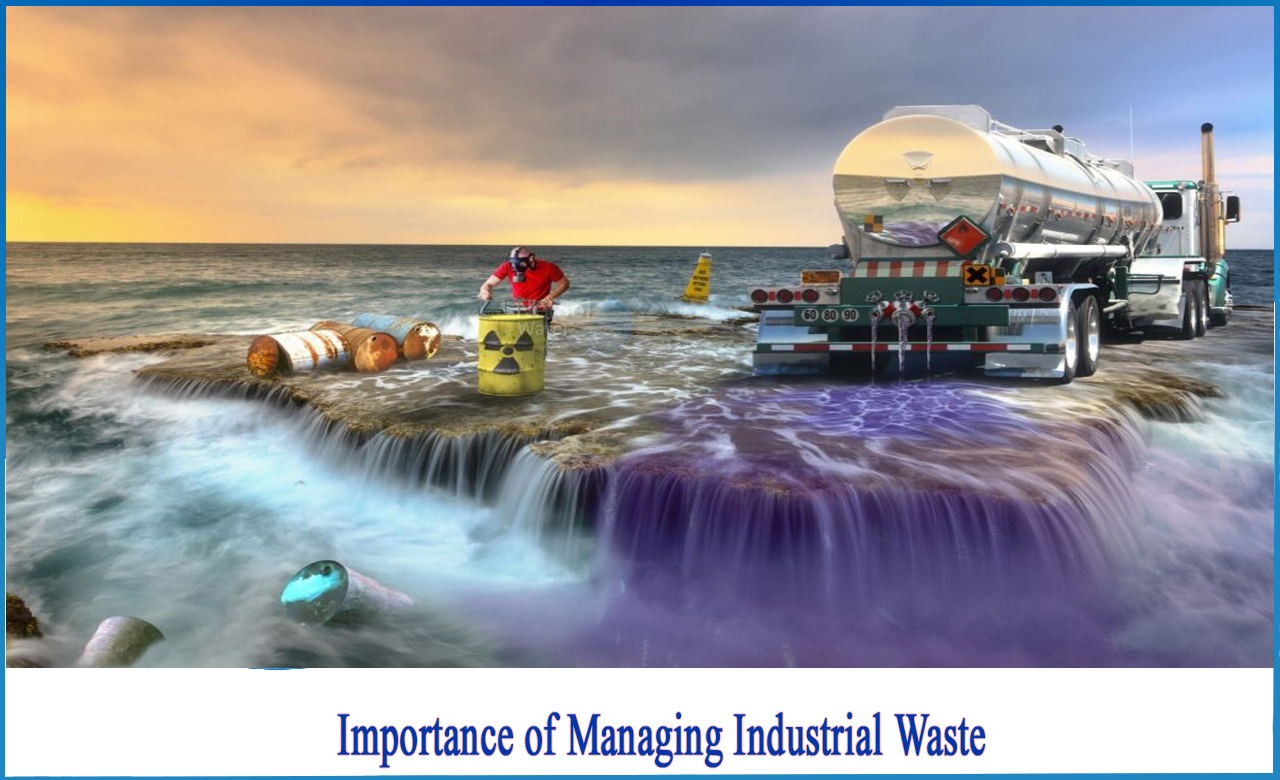The Best Strategy To Use For Reclaim Waste
The Best Strategy To Use For Reclaim Waste
Blog Article
Examine This Report on Reclaim Waste
Table of ContentsWhat Does Reclaim Waste Do?The Facts About Reclaim Waste RevealedReclaim Waste Fundamentals ExplainedWhat Does Reclaim Waste Mean?More About Reclaim Waste
Discover the kinds, occurrences, and kinds of liquid waste. Domestic sewer waste describes the waste and items from a household septic container. This type of waste is created by human beings in houses, colleges, and other structures. This only includes septic tanks that have a drainpipe field. The appropriate management and disposal of residential sewage waste call for liquid waste to be moved to a sewage therapy plant where the proper approaches and equipment are used to purify and deal with waste.
Commercial waste typically consists of potential dangers, such as combustible materials or a blend of fluid and solid waste items, and needs a more sophisticated and detailed disposal process. The disposal of business waste typically includes the purification of waste before transportation to make sure secure and proper disposal. Industrial waste is produced from by-products and drainage of commercial procedures and production.
This kind of waste can not utilize the very same sewer management transportation or processes as septic or industrial liquids. The hazardous waste administration procedure calls for the examination and testing of liquid waste before it goes through the disposal procedure (liquid waste removal melbourne). Overflow waste is the liquid waste that comes from overflow and excess stormwater in extremely inhabited areas or cities
Overflow waste can trigger contamination and flooding if not dealt with appropriately. Discover more regarding drain cleansing and waste administration. Making sure appropriate waste administration can stop catastrophes and minimize environmental harm. Both individuals in residential setups and specialists in business or manufacturing sectors can gain from comprehending the processes and regulations of fluid waste monitoring.
Some Known Factual Statements About Reclaim Waste
Call PROS Services today to learn more about our waste monitoring and disposal services and the appropriate ways to take care of the fluid waste you generate.
(https://www.edocr.com/v/pd6avrzq/leonaube33101/reclaim-waste)Do you know what takes place to your water when you pull the plug, purge the bathroom or drain the cleaning device? No? Well, it deserves understanding. This supposed 'wastewater' is not only a vital source but, after therapy, will be launched to our land, waterways or the sea. Used water from commodes, showers, baths, cooking area sinks, laundries and commercial processes is recognized as wastewater.

water used to cool down machinery or clean plant and tools). Stormwater, a form of wastewater, is drainage that flows from farming and city areas such as roofings, parks, gardens, roadways, courses and gutters into stormwater drains pipes, after rain. Stormwater streams without treatment straight to neighborhood creeks or rivers, at some point getting to the sea.
All About Reclaim Waste
In Queensland, many wastewater is treated at sewage treatment plants. Wastewater is carried from domestic or industrial sites through a system of sewage systems and pump terminals, recognized as sewage reticulation, to a sewage treatment plant.
The Department of Natural Resources advises local federal governments concerning handling, operating and preserving sewerage systems and treatment plants. In unsewered locations, regional governments may require householders to set up private or home sewage therapy systems to deal with domestic wastewater from toilets, cooking areas, washrooms and washings. The Department of Natural Resources authorises using family systems when they are verified to be effective.
Most stormwater obtains no therapy. In some new subdivisions, therapy of some stormwater to eliminate litter, sand and gravel has started utilizing gross pollutant catches. Wastewater therapy occurs in 4 stages: Gets rid of strong issue. Bigger solids, such as plastics and other things incorrectly released to drains, are removed when wastewater is travelled through screens.
Utilizes little living organisms understands as micro-organisms to damage down and get rid of remaining liquified wastes and great fragments. Micro-organisms and wastes are incorporated in the sludge.
The Facts About Reclaim Waste Revealed
Nutrient removal is not readily available whatsoever sewage treatment plants due to the fact that it calls for pricey specialized tools. It is coming to be more common in Queensland. Clear liquid effluent produced after therapy may still contain disease-causing micro-organisms. If this effluent is released into waterways such as rivers or the sea, the micro-organisms will eventually pass away out.

Many wastewater moves right into the sewerage system. Under the Act, local governments provide authorizations and licences for eco appropriate tasks (Ages) involving wastewater launches that could have a regional impact.
Some Ideas on Reclaim Waste You Need To Know
Otherwise, samples are considered research laboratory analysis. Usually numerous examinations are required to develop the levels of each of the different contaminants such as oils, hefty steels and chemicals in water. Monitoring offers accurate details concerning water high quality and can validate that permit conditions are being met. The info acquired with surveillance provides the basis for making water quality decisions.
Report this page